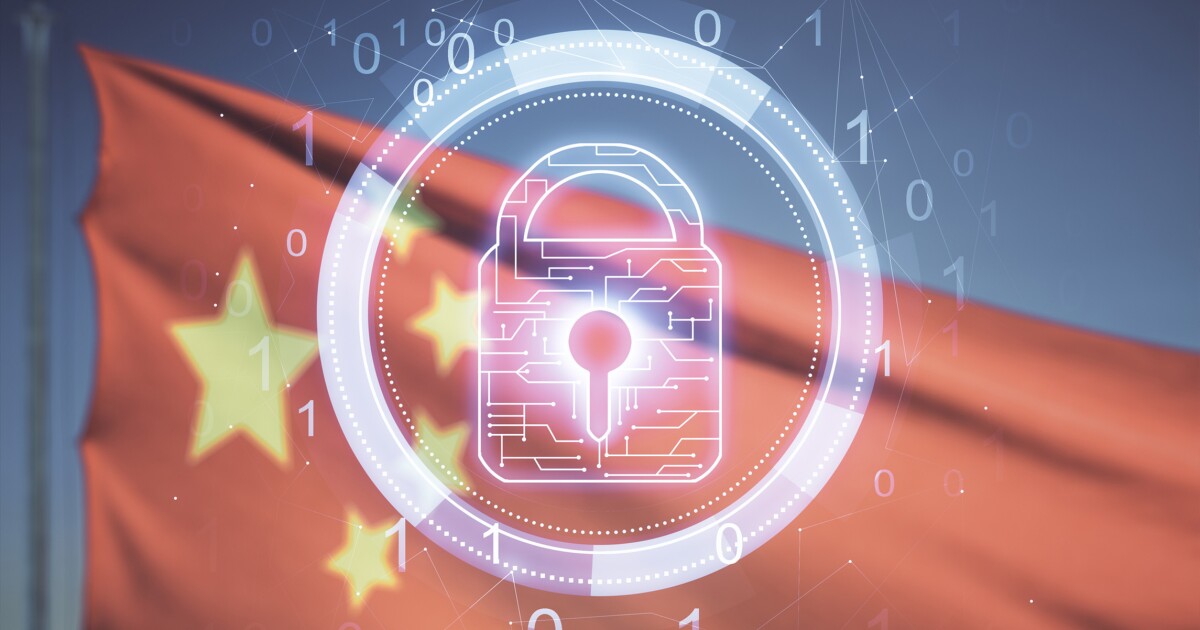Researchers claim method to break encryption using existing quantum computer
A group of Chinese researchers has claimed to be able to break a widely used encryption scheme with a quantum computer that already exists, creating a possible boon for surveillance and a crisis for data protection.
The two dozen researchers from seven research institutions in China authored a paper describing a method using a 372-qubit computer to break RSA encryption instead of the theoretical quantum computer with tens of millions of qubits that was previously thought to be needed.
The implications are serious.
CONGRESS WANTS FEDERAL AGENCIES TO DEPLOY QUANTUM-SAFE ENCRYPTION
“Quantum computing has the capability to break the encryption on which most enterprises, digital infrastructures, and economies rely, rendering today’s encryption methods useless,” said Bryan Ware, CEO of LookingGlass Cyber Solutions. “That means that all secrets are at risk — nuclear weapons, banks, business IP, intelligence agencies, among other things, are at risk of losing their confidentiality and integrity.”
Quantum computing is still in its infancy, but cybersecurity experts have worried that quantum computers will eventually become powerful enough to break popular encryption schemes within minutes instead of the thousands of years needed by conventional modern computers. That possibility was supposed to be several years away, however.
Just in December, Congress enacted a law requiring the Office of Management and Budget to prioritize federal agencies’ acquisition of IT systems using post-quantum cryptography in an effort to deal with future advances in quantum computing.
But if the Chinese researchers are correct, the future is now. In November 2022, IBM announced it had built a working 433-qubit computer, larger than the quantum computer the researchers say is needed to break RSA encryption.
Still, the researchers’ claims have been met with skepticism in some cybersecurity circles.
The Chinese research is theoretical, and the underlying research it’s based on is “highly controversial,” Ware told the Washington Examiner. The paper may…


